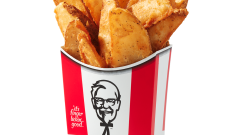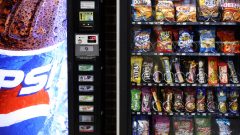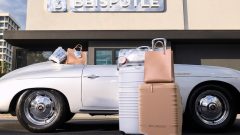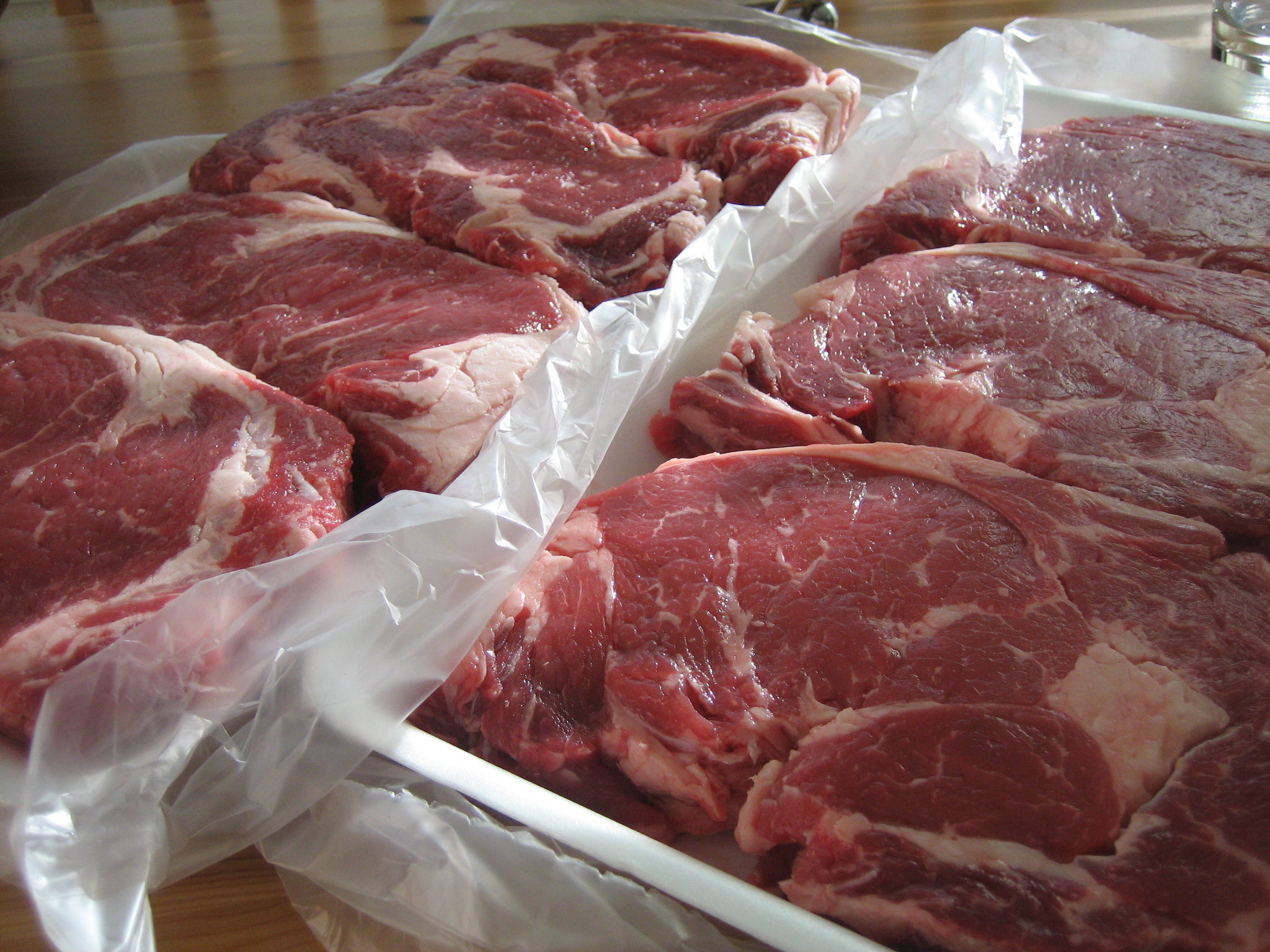Students Want To Convert Underused Post Offices Into Food Distribution Hubs
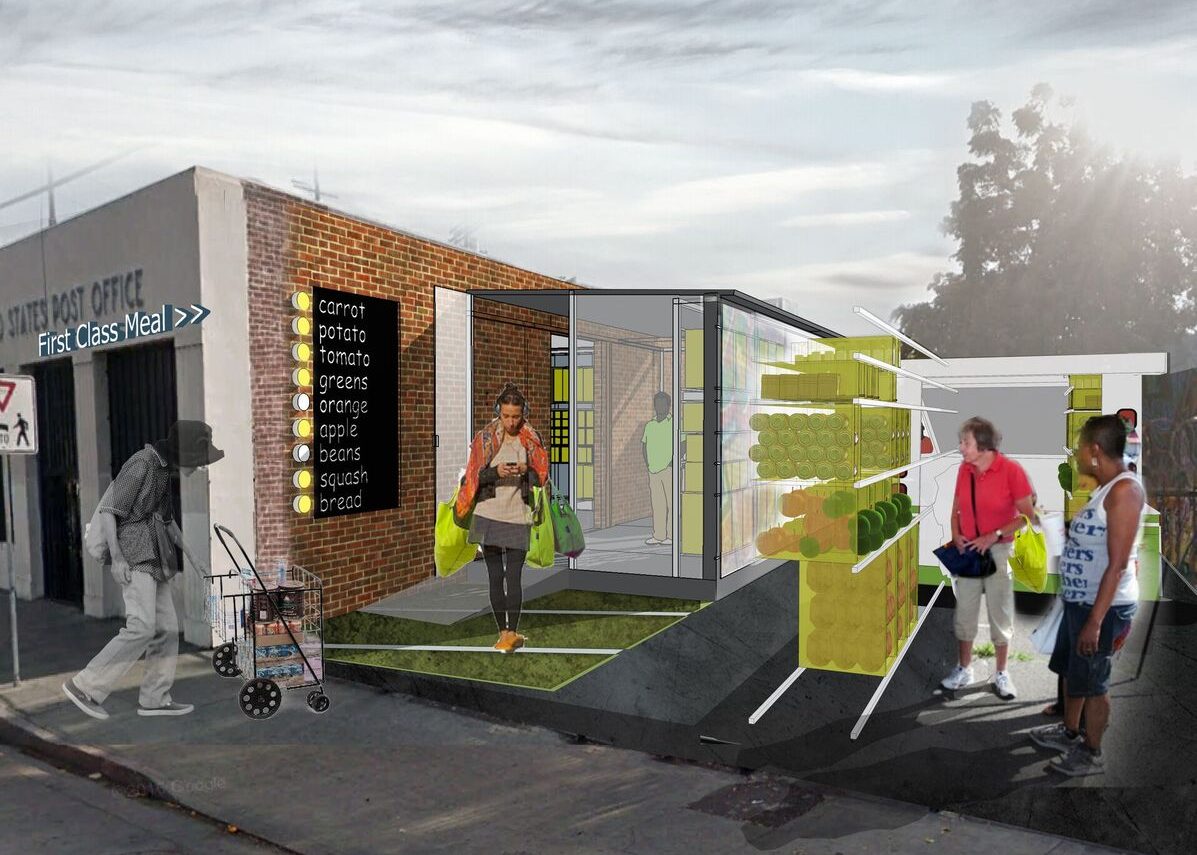
Photo courtesy of the Van Alen Institute
Despite being one of America’s largest urban centers and having the largest concentration of food industry companies in the country, Los Angeles suffers from a massive food insecurity problem. Approximately 1.5 million people in LA don’t know where their next meal is coming from, and South LA is considered to be a food desert — where grocery stores are extremely scarce and fresh produce is even harder to come by.
Many efforts have been undertaken by large companies and social entrepreneurs alike to combat these hunger issues in Los Angeles. A new idea from a group of students in St. Louis, however, may be one of the best ideas to fight food security yet.
The project, called “First Class Meal,” won the Urban SOS: Fair Share Student Competition, put on by AECOM, The Van Alen Institute, and 100 Resilient Cities. Put together by a team of students from Washington University in St. Louis, “First Class Meal” aims to utilize US Post Offices slated for closure due to underuse and convert them into food distribution hubs in food desert areas.

Photo courtesy of the Van Alen Institute
The model is simple: the Postal Service’s distribution network is utilized to collect, store, and distribute surplus food from grocery stores and other places to underutilized post offices in Los Angeles food deserts. These post offices could serve as food pantries that can also deliver produce to families in the area who don’t have access to transportation.
The team of students, consisting of Washington University in St. Louis graduate students Anu Samarajiva, Irum Javed, Lanxi Zhang, and faculty advisor Linda Samuels, was inspired by a prompt that asked them to look beyond technology and focus on spatial resolutions to urban issues, especially if leveraging government agencies could be possible. That’s where the idea of utilizing underused USPS offices came in, according to Samarajiva, the team’s leader. She told Foodbeast that by converting parts of them into food pantries and distribution hubs, it reinvigorates the postal service and stretches its role from mere post office to a true community resource.
“Our project, First Class Meal, has the potential to reinvigorate the USPS and more strongly define its role as a community resource, while strengthening the existing network of community food providers.”
“First Class Meal” gets an $7,500 cash prize for their winning idea, and AECOM will also be helping the team with implementation support up to $25,000.
If the project is successful, it could be a great model to implement nationwide, since food deserts are a major problem in several other areas of America. Using post offices, which many people already go to for mail collection or rely on for mail delivery, as a food pantry hub is a simple but genius idea, and would dramatically decrease food desert areas if successful.


